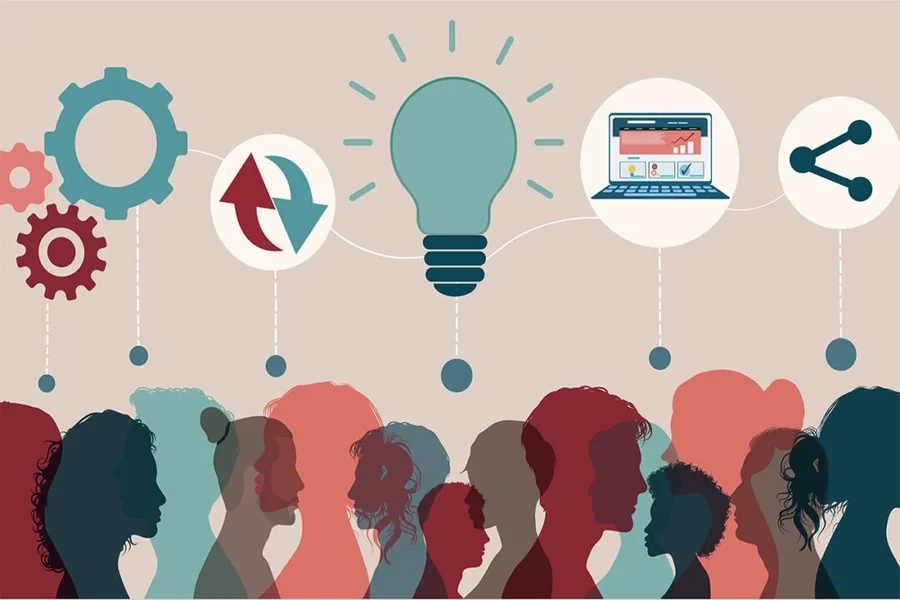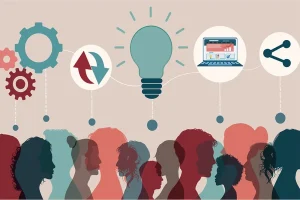From Ideas to Action: The Role of Public Policy in Nation-Building

Imagine a country as a large ship sailing toward progress. Without direction, even the strongest vessel could drift off course. Public policy acts as that compass, guiding the ship toward stability, equality, and development. But what exactly is public policy, and how does it shape nation-building? Let’s break it down in simple terms.
What Is Public Policy?
Public policy is the framework through which governments translate ideas into actionable plans. It is not just about making laws. It is about designing strategies that improve people’s lives. From healthcare and education to the environment and infrastructure, public policy decides how resources are spent and problems are solved.
Think of it like a roadmap. Without it, a nation would struggle to move in a unified direction. Policies help define priorities and ensure that decisions benefit society as a whole, not just a select few.
Why Public Policy Matters in a Nation’s Growth
A country becomes strong not only by wealth or technology but by how it treats its people and manages its growth. Public policy provides that balance. It connects vision with action. For example:
- Schools exist because of educational policies.
- Roads and bridges are built through infrastructure policies.
- Social welfare programs are created by economic and social policies.
Without public policy, development would be random and inconsistent. Good policies create a cycle of progress where every decision contributes to building a resilient nation.
The Building Blocks of Effective Public Policy
To understand how public policy drives nation-building, it helps to know what makes it strong. Effective policy combines research, consultation, and implementation. Here are the key elements:
- Vision – A clear long-term goal, such as boosting employment or reducing poverty.
- Evidence – Data and research that support the problem and possible solutions.
- Collaboration – Input from citizens, experts, and institutions to design balanced policies.
- Implementation – Turning concepts into on-ground action with clear accountability.
- Evaluation – Periodic review to ensure policies work as intended.
When these building blocks come together, they create a stable foundation for sustainable growth.
From Concepts to Classrooms: Learning through a Public Policy Course
If you have ever wondered how leaders make impactful decisions or how policies come to life, a public policy course is a great way to find out. Such courses unpack real-world scenarios, teach analytical skills, and show how thoughtful policymaking can change the direction of a country. They also prepare students for careers in government, think tanks, and NGOs, where they can be part of the decision-making process. In simple words, they turn curiosity about how countries work into practical expertise.
Public Policy and the Power of Implementation
Once a policy is written, the real challenge begins. Implementation is where ideas collide with reality. Even the best-designed plans can fail if execution is weak. Many developing nations face this problem because of poor coordination, corruption, or a lack of skilled manpower.
Think about a policy to provide clean water to rural villages. The idea might be solid, but without good planning, the pipes may never reach their destination. Implementation ensures that every step of funding, training, and monitoring aligns with the original goal.
The most successful nations are the ones that master this process. They create transparent systems where citizens can hold decision-makers accountable. This builds trust and keeps the entire public policy ecosystem healthy.
Measuring Impact and Building Accountability
Policies are only as strong as their results. That is why governments must measure how their initiatives impact people’s lives. Measuring success can include:
- Quantitative data: Numbers such as reduced poverty rates or improved literacy levels.
- Qualitative insights: Public feedback about how lives have improved.
- Independent audits: Evaluations by neutral organisations to ensure fair assessment.
Such systems help avoid wasteful spending and drive continuous improvement. Accountability also encourages innovation, motivating leaders to design smarter and more inclusive policies.
The Role of Citizens in Public Policy
It is a common misconception that policy is only the government’s job. In reality, citizens play a crucial part. Voting, community engagement, public consultations, and even social media discussions influence the direction of policy. When people voice their needs constructively, it helps policymakers understand real-world challenges better.
For instance, campaigns led by young people around climate action have inspired major policy shifts globally. Their energy shows how active citizenship can turn awareness into action.
So next time you see a billboard about a new government scheme, remember — your input, opinions, and participation can make it work better.
Learning Beyond Borders with a Public Policy Course Online
In the digital age, learning about governance and policy-making is not confined to classrooms. A public policy course online allows learners to connect with global experts, analyse international case studies, and develop skills from anywhere in the world. It is ideal for working professionals and students who want to understand how global systems operate and how thoughtful policy design can shape societies. What makes it even more exciting is the opportunity to collaborate with peers from different cultural backgrounds, offering new perspectives and shared learning experiences.
How Public Policy Fosters Unity and Identity
Public policy does not just build infrastructure; it builds identity. Programs that promote education, language preservation, and cultural events strengthen national pride. Likewise, health and welfare policies unify people by ensuring that everyone has access to essential services. When citizens feel included, they see themselves as stakeholders in their country’s future.
For example, after a natural disaster, effective policy can rebuild not just cities but also people’s confidence. This emotional rebuilding is as important as the physical one, proving that public policy touches lives at every level.
Challenges in Policymaking
Nation-building through policy is not easy. Governments face complex issues such as:
- Limited budgets and competing priorities.
- Political pressure that skews decision-making.
- Rapid changes in global economies and technology.
- Social inequalities that resist quick solutions.
However, these challenges also create opportunities for reform. Smarter data use, transparent communication, and youth participation can help governments adapt faster. Policymaking is a continuous process of learning, adjusting, and improving.
The Future of Public Policy in Nation-Building
As nations evolve, public policy must evolve too. Future policymakers need to think beyond borders and focus on global cooperation, sustainability, and innovation. Issues like climate change, digital privacy, and artificial intelligence require coordinated action that blends ethics with evidence.
The future leader will not just enforce laws but inspire trust through informed decisions. Public policy will remain the bridge between visionary ideas and practical action — the key that turns possibility into progress.








